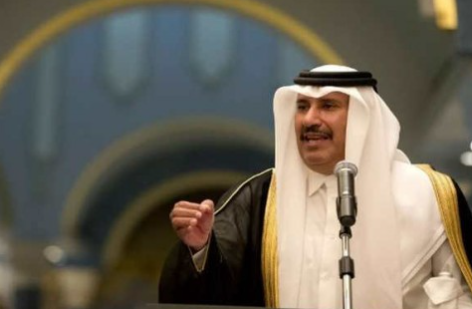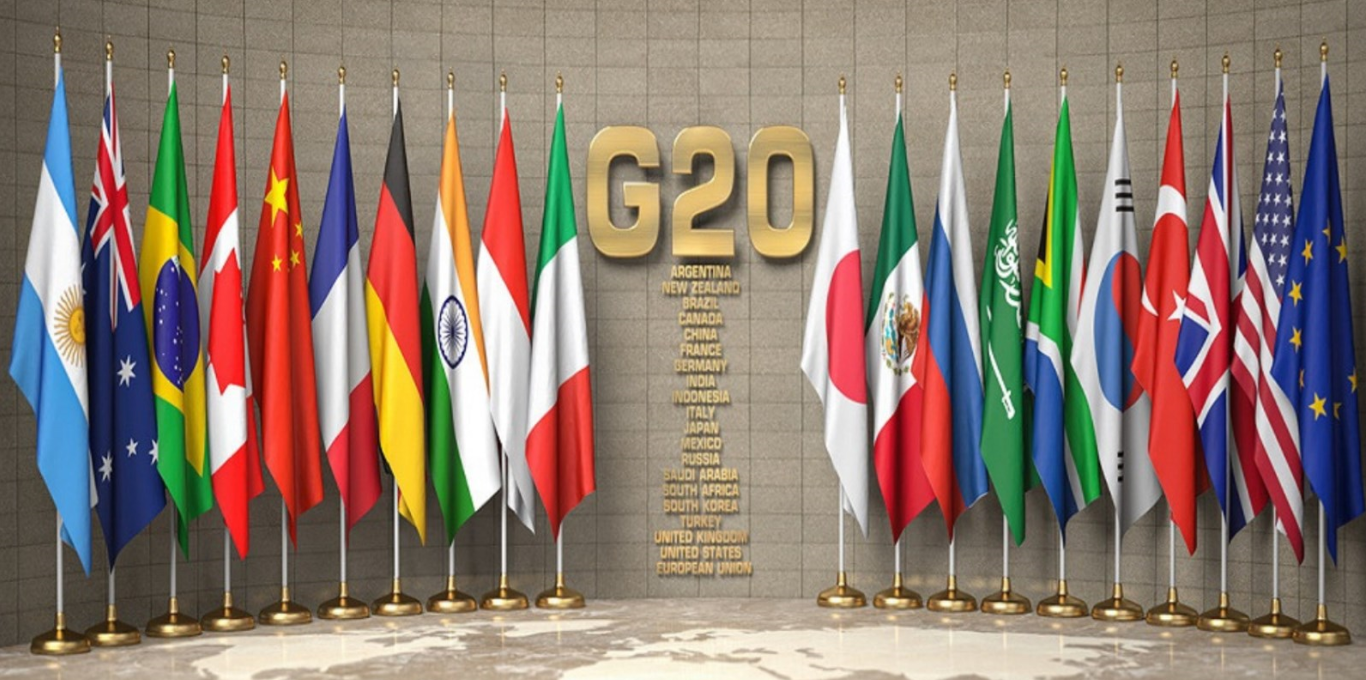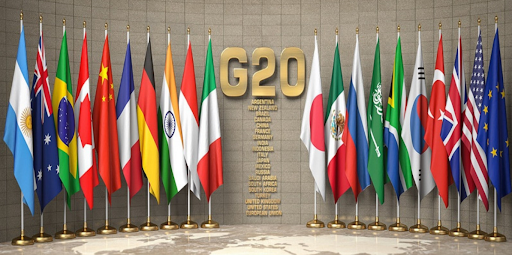
An African president extends his finger towards Macron, saying: Look at us with respect, far from paternity and contempt
On Saturday, the press conference that brought together French President Emmanuel Macron with his Congolese counterpart Felix Tshisekedi sparked a wide interaction on communication platforms,...







































